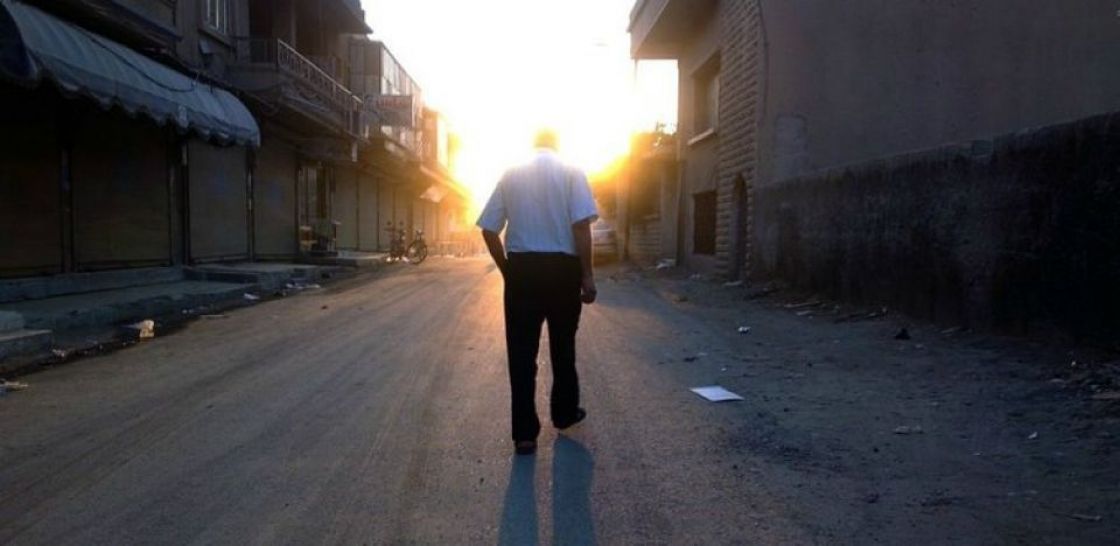- Editorials
- Posted
The Balance of Forces is in One and Definite Direction
The new international balance of forces is the most prominent title, and the main engine of the current international processes. If denying this fact becomes a kind of political ignorance, it will, at the same time, cost those "deniers" a heavy price, under the promotion and consolidation of the role of the rising international powers.
The path of capitalist accumulation led by the Western capitalist center has reached the hegemony of the financial capital forces that have exhausted themselves, lost their potential and their former hegemonic instruments have become unable to perform their previous role. This has led the whole system to a historical impasse, with no solution except to accept the fait accompli, that is, to accept their normal position within the system of international relations, and to end their double plundering provided to them by the authority they have on the global financial and monetary system.
Since the decline of the Western capitalist center is tangible, it is natural that this decline casts its shadow on the overall processes taking place in today's world, especially as the rising powers do not miss a single opportunity to fill the vacuum resulting from the decline of the western center.
One of the characteristics of this qualitative process today is that the interests of the rising powers intersect objectively with the interests of the peoples of the world as a whole, including the interests of the peoples of the capitalist countries themselves. This is what gives them momentum and dynamism, manifested in various forms in the network of international relations and in the entire international geopolitical reality. The unholy alliance between the two sides of the Atlantic is crumbling, and the contradictions within each individual country are raging, while the rising powers are building up their new instruments and strengthening their positions.
Bearing in mind that the relationship between the declining center and the nations of the world was based on looting, subordination and imposition of dictates, the looted world has become, in light of the new reality, able to put forward its options, and face the options of the opponent.
The new international balance of forces is, in depth, one of the most important contradictions in our contemporary world, namely, the "imperialism - peoples" contradiction, although it has been manifested, to date, as a conflict between states. However, the other aspect of this contradiction is the conflict within each individual state, as well. In other words, there are states which have been driven by the objective reality to align to some position within the new international polarization, because the globalized capital, sought and seeks to swallow the world... the whole world, and in doing so, it expanded the circle of its opponents to include wide range of powers, including a part of the global capitalist structure itself.
The new international balance is a process of conflict. If there is a consensus, it is actually the consensus of the fait accompli, which obligates one party to back down in favor of another party, which means that it is the choices of the rising powers – being based on international law and mutual recognition of interests – which determine the course of events and the prospects for subsequent development.
In this context, and as an indicator of the progress of the role of the rising powers, came the UN international resolution 2254, as a road map to resolve the Syrian crisis. This resolution came to being in order to be implemented, as we have repeatedly stressed, and in its provisions and spirit, this resolution reflects the interests of the Syrian people, because it returns the decision back to the Syrians. This means that the international factor, under the new balance of forces, becomes a positive factor, in favour of the peoples' interest, after the forces of globalized capital have been curbed.
Kassioun Editorial, Issue No 874, August 13, 2018


